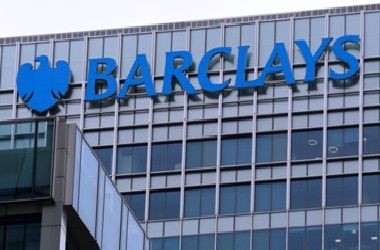(Reuters) - Major US stock exchanges and Barclays Plc on Wednesday won the dismissal of nationwide litigation in which pension funds and other investors accused them of rigging markets at their expense to benefit high-frequency traders.
US District Judge Jesse Furman in Manhattan said federal law afford exchanges “absolute immunity” from the plaintiffs’ key claims, including over the creation of “complex order types” that can enable rapid trading, because of their status as self-regulatory organizations.
In a 51-page decision, Furman also said the plaintiffs did not show they reasonably relied on Barclays’ misrepresentations about the safety of its Barclays LX “dark pool,” including that they were not at risk of being exploited by fast traders.
The lawsuit accused defendants including Barclays, Nasdaq, Intercontinental Exchange Inc’s New York Stock Exchange, Bats Global Markets, CHX Holdings Inc’s Chicago Stock Exchange and others of giving high-frequency traders favoured treatment, costing less-favoured investors billions of dollars.
Several regulators are also investigating dark pools, and New York Attorney General Eric Schneiderman has sued Barclays.
High-frequency traders use computer algorithms to gain split-second trading advantages, and were accused of rigging markets in Michael Lewis’ 2014 best-seller “Flash Boys.”
Furman alluded to Lewis in explaining why it is for Congress and US regulators such as the Department of Justice and Securities and Exchange Commission to level the playing field, rather than let private plaintiffs do their work for them.
“Lewis and the critics of HFT may be right in arguing that it serves no productive purpose and merely allows certain traders to exploit technological inefficiencies in the markets at the expense of other traders,” he wrote. “They may also be right that there is a need for regulatory or other action from the SEC or entities such as the Exchanges and Barclays. Those, however, are debates and tasks for others.”
Furman said one plaintiff, Great Pacific Securities, may amend its lawsuit against Barclays if it wishes.
“We’re disappointed that the judge thought the exchanges deserved immunity as to complex order types,” said Patrick Coughlin, a lawyer representing several pension fund plaintiffs. “The way they were implemented disadvantaged our clients. We will review the opinion and determine whether to appeal.”
Barclays had no immediate comment. BATS and Intercontinental Exchange declined to comment. The other defendants and a Great Pacific lawyer did not immediately respond to requests for comment.
The case is In re: Barclays Liquidity Cross and High Frequency Trading Litigation, US District Court, Southern District of New York, No. 14-md-02589.
